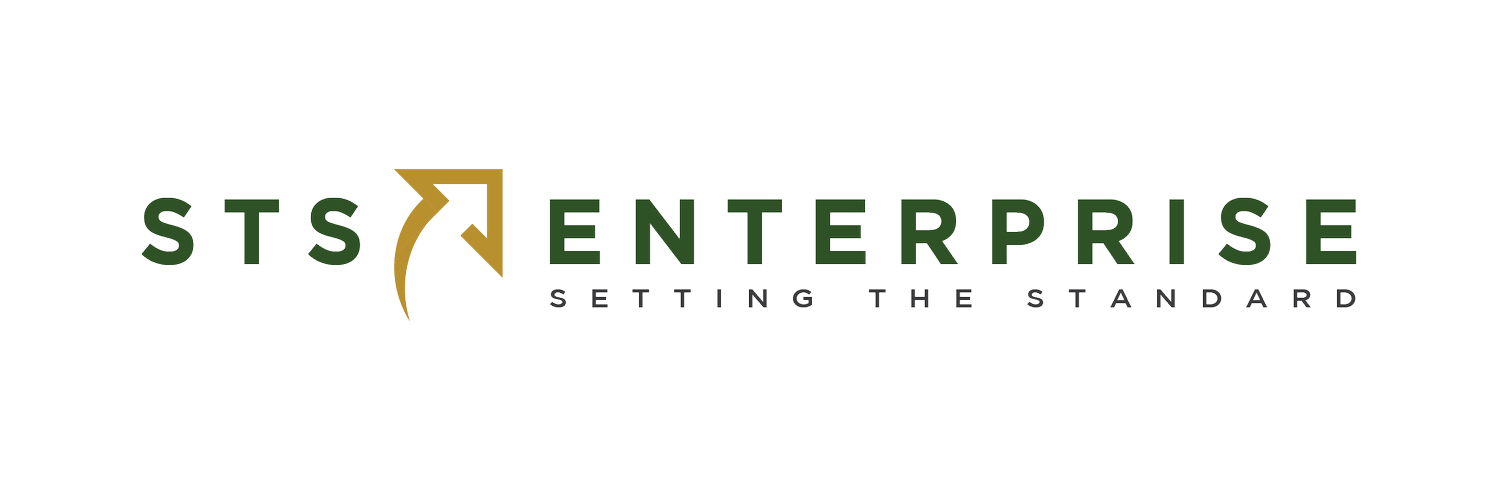Our 4E Model for Student Development
The STS 4E Model for Student Development is a programmatic approach designed to facilitate the holistic development of students by focusing on four key components: Exposure, Education, Entry, and Elevation.
Our model provides students with comprehensive support and resources to successfully navigate their academic and professional journeys.
4E Model: Program Theory
The STS 4E Model is based on the theory that comprehensive exposure, education, entry, and elevation opportunities are critical for student success. By exposing students to diverse career options, professionals, and resources, they can make informed decisions and explore their interests. Education equips them with the necessary knowledge, skills, and tools to thrive in their chosen paths. The entry phase focuses on assisting students in navigating the transition to Post-Secondary and Post-Graduate opportunities successfully. Finally, the elevation phase supports students in leveraging their experiences, networks, and skills to advance in their careers.
The model recognizes the importance of experiential learning, coaching, and access to resources in empowering students to make informed decisions, pursue their goals, and achieve long-term success. By engaging students in each stage of the 4E Model, we develop well-rounded individuals equipped with the knowledge, skills, and networks necessary to thrive in their chosen careers and contribute meaningfully to society.
Learn about the 4E Model
-
Provide students with opportunities to explore various careers, industries, and professional environments.
Offer exposure to diverse role models, professionals, and mentors who can share their experiences and insights.
Facilitate access to experiential learning activities, internships, job shadowing, and networking events.
Introduce students to relevant tools, technologies, and resources utilized in different career paths.
-
Deliver comprehensive career education programs to equip students with essential knowledge and skills.
Provide information on different career paths, industry trends, and academic pathways.
Offer workshops, seminars, and training sessions to develop essential career skills (e.g., communication, problem-solving, leadership).
Educate students on the effective utilization of tools, technologies, and resources relevant to their chosen fields.
-
Support students in their transition to post-secondary education or graduate opportunities.
Provide guidance on college or graduate school applications, admission processes, and financial aid.
Assist students in identifying and acessing relevant resources and support services.
Help students build resumes, cover letters, and portfolios to enhance their competitiveness.
-
Foster continuous growth and advancement in students' chosen careers.
Support students in leveraging the exposure and education they received to excel in their fields.
Provide coaching, networking, and professional development opportunities.
Assist in career planning, goal-setting, and accessing advanced educational opportunities.



